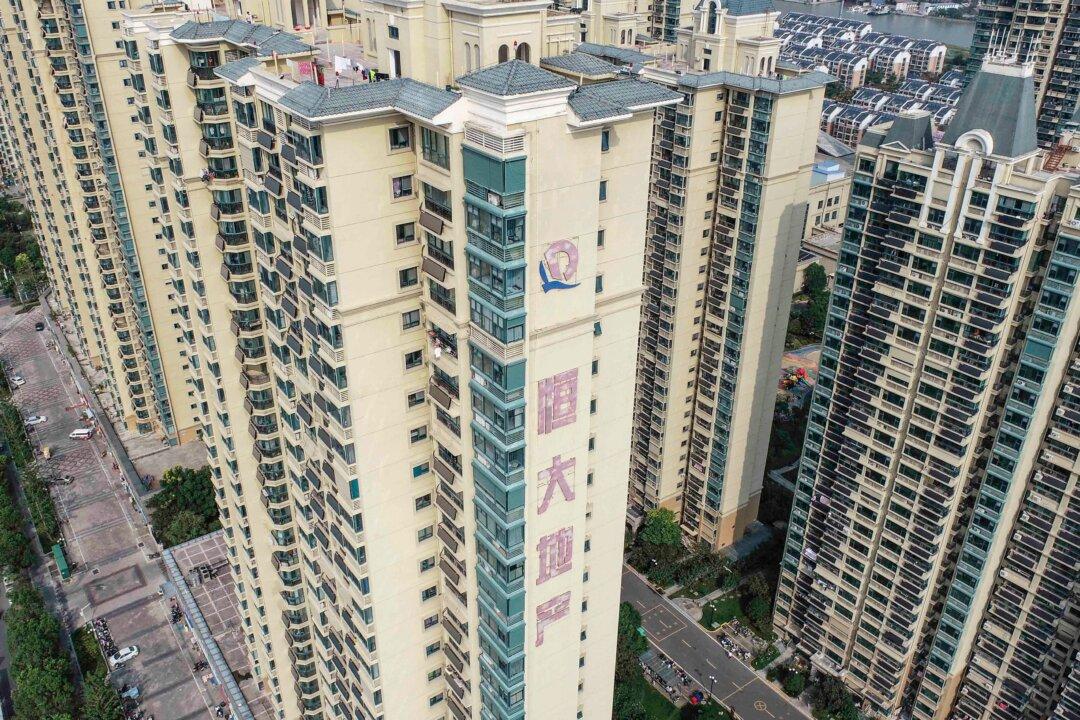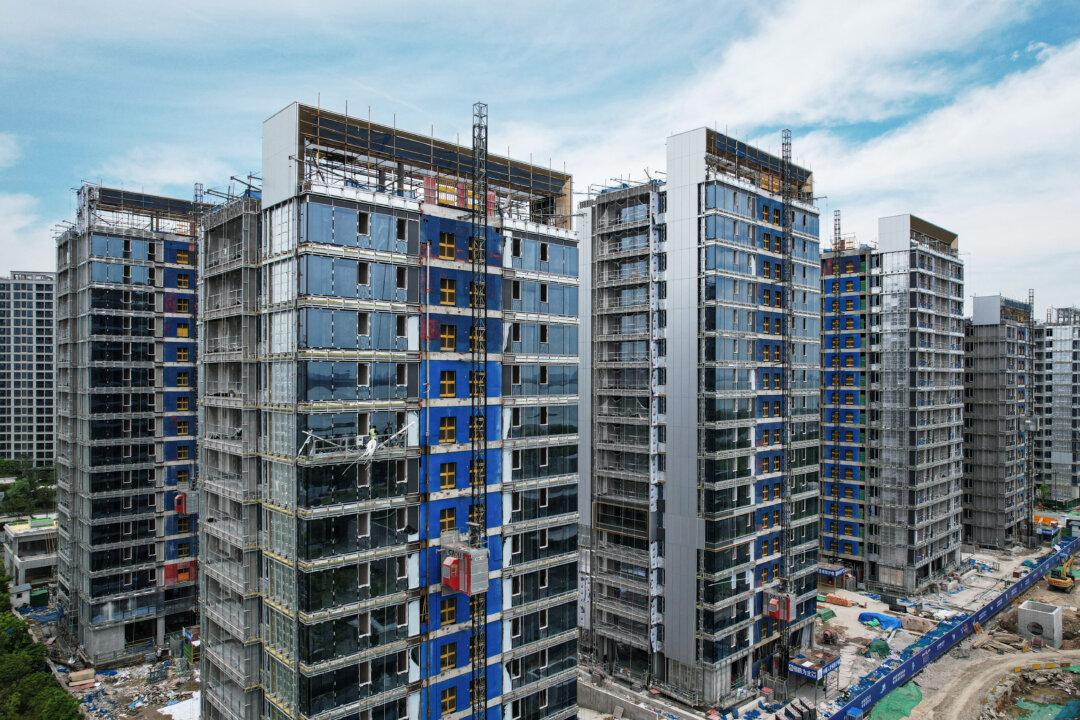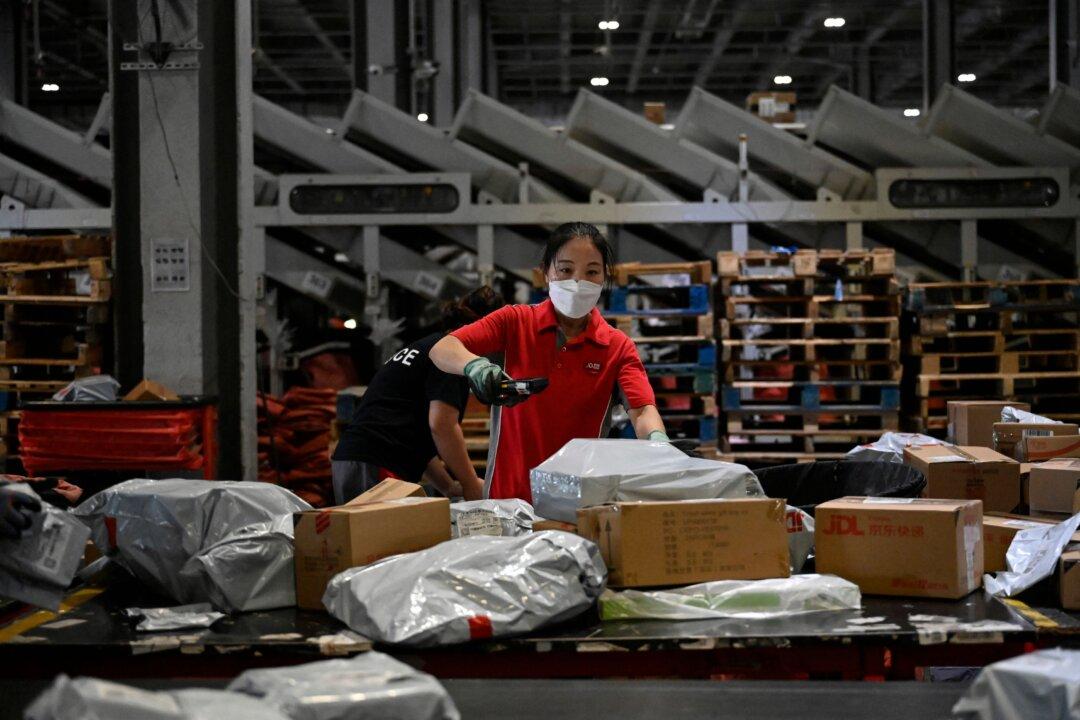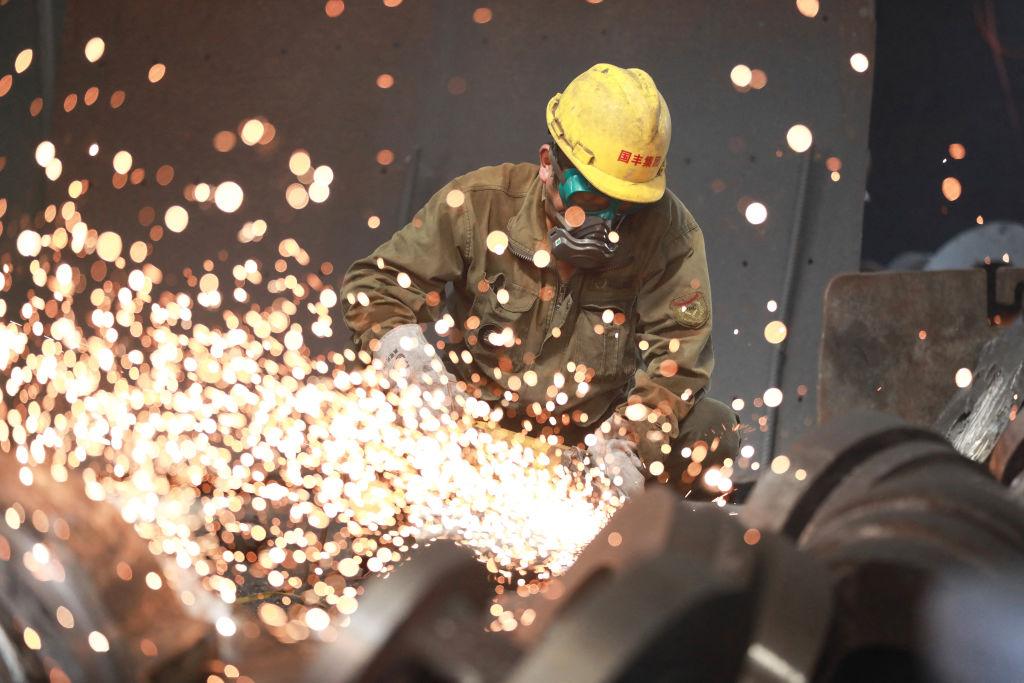Beijing’s recent push to restore the sagging investors’ confidence is not enough to stem the downward spiral of the economy and will be short-lived if they are not followed by measures for supporting the real economy, say analysts.
Various ministries under China’s State Council announced several measures to bolster investor confidence and support capital markets. These have been under severe strain in recent months due to the second-largest economy’s deteriorating momentum and Beijing’s lukewarm policy response.





